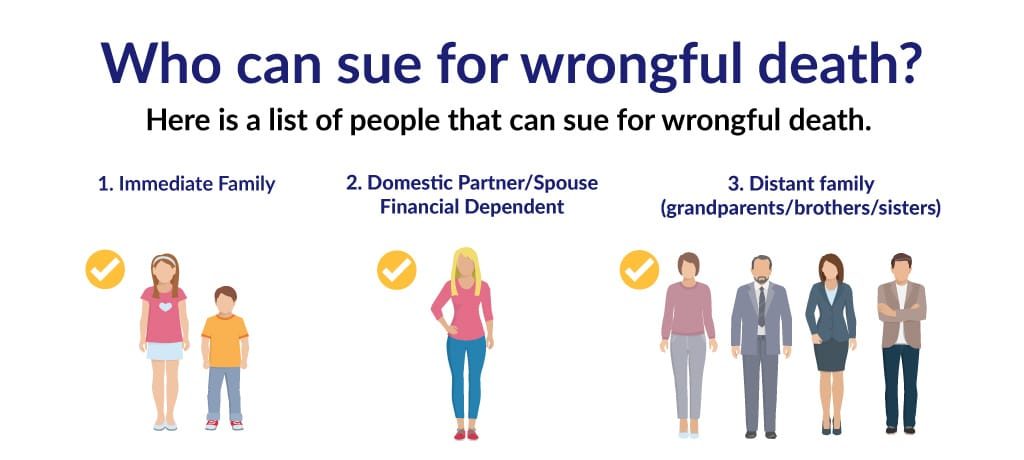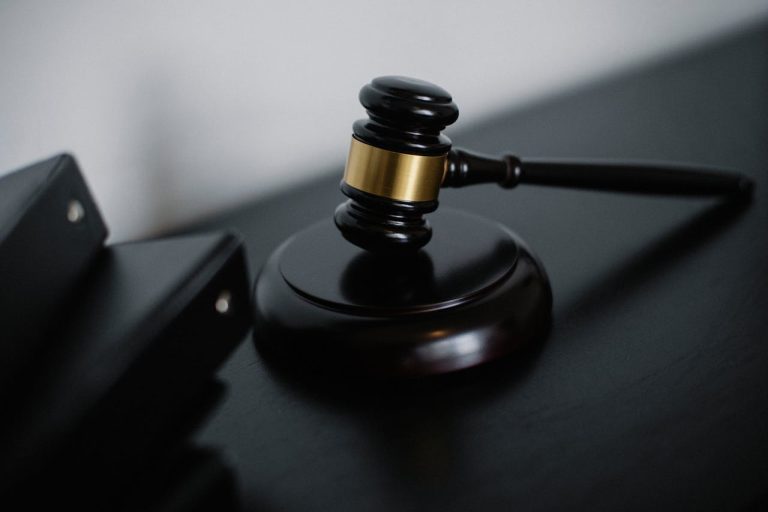According to Florida Statutes section 768.19, when careless actions lead to a person’s death, certain of that person’s survivors may have the right to bring a civil lawsuit against the person whose actions caused the death.
This type of legal action is called a wrongful death suit, and You may be entitled to seek compensation for lost wages, lost companionship, and funeral expenses. An experienced personal injury lawyer in Tampa, Florida, may be able to help you exercise your legal rights in this matter.
What Is a Wrongful Death Lawsuit?
A wrongful death is a lawsuit filed against one person or an entity for the death of someone because of careless, reckless, or intentional conduct or omission by one person or entity. In Florida, wrongful deaths occur from a wide variety of kinds of accidents, among which include:
- Car accidents
- Medical Malpractice
- Workplace injury
- Faulty product
- Criminal Activities
These damages are claimed to support a cause of action in wrongful death to bring justice to the deceased and to provide funds to any surviving family members who have or may continue to rely on the deceased for emotional or financial support. Other relatives also receive monetary compensation.
Who Can File Wrongful Death Lawsuits in Florida?
Image: Scherandscher
According to Florida law, a wrongful death claim must be filed by the personal representative of the deceased’s estate. He or she may be named in the will or appointed by the court if no will is produced. Even though the representative files the claim, he or she does so on behalf of the survivor(s) to the deceased, including:
- The spouse
- Children (both minor and adult)
- Parents
- Other members of the blood or adoptive family who could not have been supported by the deceased
Statute of Limitations Time Bars: Florida
In Florida, there is a time limit for filing a wrongful death lawsuit, referred to as the statute of limitations. Under normal circumstances, a claim has to be filed two years after the date of death of the deceased. If one fails to file before this deadline, one may also lose his right to file a claim; hence, families have to act very fast.
However, this is not always the case; for instance, medical malpractice statutes of limitations vary. Families can seek advice from an experienced attorney specializing in wrongful death on how they might be specifically affected by the timelines.
What damages are recoverable?
Wrongful death cases allow a personal representative to bring an action on behalf of their deceased loved one to compensate them for their losses. In Florida, these are termed “damages” and come in three main forms:
Economic Damages
Monetary advantages the deceased would have provided for them in case they were not dead. These might include;
- Loss of income
- Medical and funeral expenses
- Loss of inheritance the deceased would have left them
- Non-Economic Damages
These are the psychological and social impacts of death upon the members of the families left behind, for example;
- Loss of companionship and care for the spouse
- Loss of direction for children
- Emotional anguish and misery for the families
- Punitive Damages
In some instances, the court orders punitive damages to punish the individual for his or her wrongdoing and set an example for future wrongful conduct.
Elements of a Wrongful Death Case
To successfully bring a wrongful death action in Florida, a family or personal representative must demonstrate the following elements:
- Duty of Care: The defendant owed a duty to the deceased. For example, drivers must follow traffic laws and keep the roads safe.
- Breach of Duty: The defendant failed to uphold that duty. For instance, if a driver was texting or driving under the influence, they breached their duty of care.
- Causation: The breach of duty directly caused death.
- Damages: A death results in measurable losses to the family.
Wrongful death actions can be rather complicated, so it is helpful to have a seasoned attorney who may significantly help sort out the evidence, negotiate with insurance companies, and present an airtight case in court.
Why Use Lawyers?
Navigating wrongful death lawsuits, particularly with emotions running high, would be extremely challenging without a guide. An experienced wrongful death attorney will help guide families through each step, from understanding the potential value of your case to collecting relevant evidence, such as medical records or any witness testimonies, communicating with the defendant’s insurance companies, and preparing for trial if necessary.
Such lawyers can help families avoid going bankrupt because of the legal costs. Most wrongful death lawyers practice on a contingency fee basis, so they have nothing to lose if they happen to lose your case.
What to Expect from the Process
Wrongful death cases can take months or even years to settle, depending on their complexity and the parties’ willingness to negotiate.
The process would include filing the claim with the court and how both sides would exchange information and evidence through discovery and evidence gathering. Negotiations would also follow with the defendant’s insurance and a possible trial if the settlement is not reached.
Who Can Bring a Wrongful Death Suit in Florida?
In order to collect damages in a wrongful death suit in Florida, you must be the decedent’s spouse, offspring, or parents, or you must be able to prove that you depended upon the decedent for financial and other types of support.
The wrongful death claim will be brought by a personal representative of the decedent’s estate on behalf of those who are entitled to collect damages. This person may be named in the decedent’s will or estate planning, or the court may appoint them.
Statute of Limitations
The statute of limitations for filing a wrongful death suit in the Sunshine State is two years from the date the death took place. There are a few exceptions to this rule, and an experienced personal injury attorney is your most reliable resource for learning about them.
Damages in Wrongful Death Suits
The payment of money addresses liability in civil suits, such as wrongful death suits. Civil suits are not criminal trials, so they do not involve sentencing penalties. However, there are occasions when a person whose negligence has caused a third party’s death may face both criminal and civil actions.
If their suits prove to be successful, plaintiffs may receive:
- Repayment for any medical or funeral expenses rendered by the decedent
- Lost wages and benefits, including the value of the decedent’s lost earnings
- Compensation for the loss of support, the loss of companionship, and any pain or suffering those losses have caused.
Determining the fair value of lost earnings is a complicated calculation that often requires input from highly trained forensic accountants.
Conclusion
No sum of money can compensate for the loss of a loved one. However, a wrongful death lawsuit may provide a family with justice and security as they go through their healing process.
If you need to file a case that is considered a wrongful death, don’t hesitate to let an attorney speak to you who knows the laws in Florida and the complications that come along with this type of case.

